Home

Care for Baby

Mosquitoes and Disease: How Repellents Can Help Protect Your Baby from Illness
In this Article
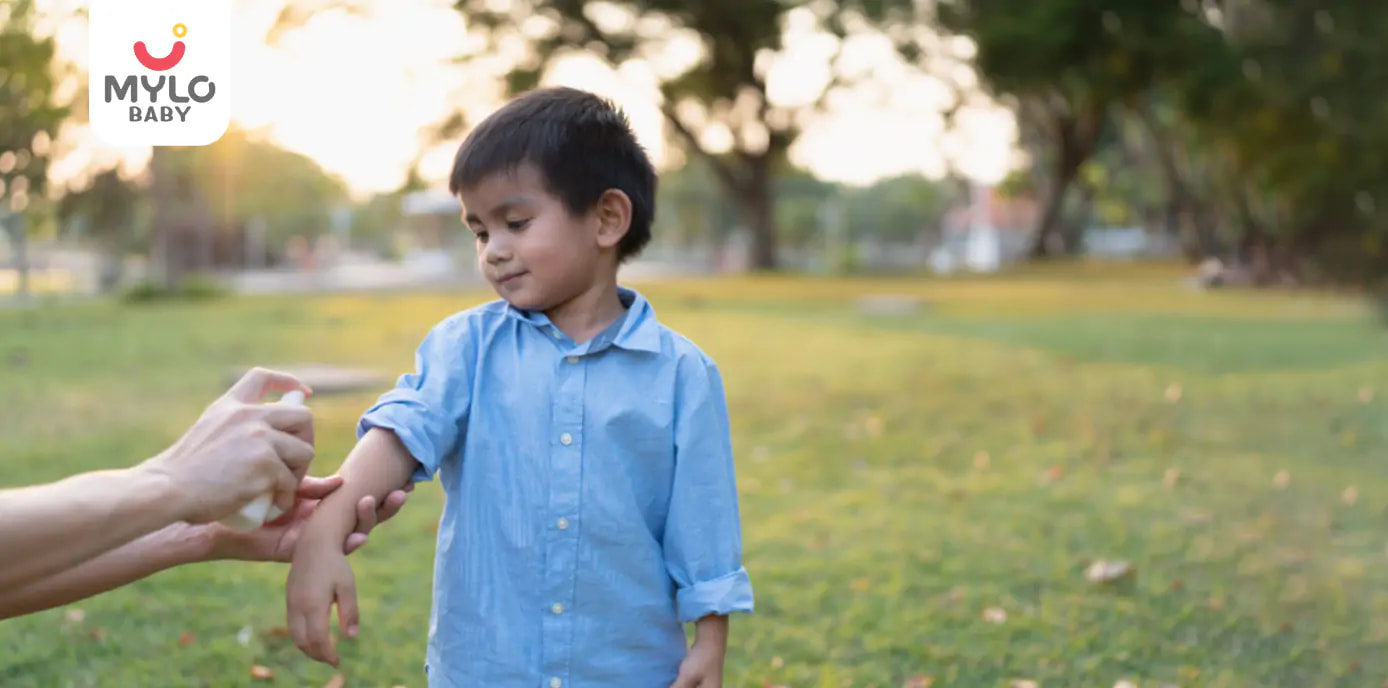
Care for Baby
Mosquitoes and Disease: How Repellents Can Help Protect Your Baby from Illness
Updated on 15 July 2023
When mosquitoes pester you, you can easily move, spray, or swat them away. However, your baby needs you to protect them from mosquitoes. Mosquitoes are more than just pesky insects that leave itchy bites on your baby's delicate skin. They can also transmit dangerous diseases like Zika, malaria, and dengue fever. As a parent, it's important to take steps to protect your little one from these illnesses.
One of the most effective ways to do so is by using mosquito repellents. In this article, we'll explore the different types of mosquito repellents that are safe for babies, as well as tips for using them effectively. By taking these precautions, you can help keep your baby safe and healthy during mosquito season.
What are the Different Types of Mosquito Repellents?
There are several types of mosquito repellents available on the market, including:
1. DEET-based repellents
These are the most commonly used types of mosquito repellents and are highly effective. They contain the active ingredient diethyltoluamide (DEET) which repels mosquitoes by masking the scent of human skin. However, it's recommended to use a DEET-free repellent for babies or one with low percentage.
2. Picaridin-based repellents
Picaridin is a newer mosquito repellent ingredient that has become increasingly popular in recent years. It is less oily and has a milder scent than DEET. If you're unsure about using picaridin-based repellents on your baby, you may want to consult with your pediatrician first.
3. Natural repellents
Natural mosquito repellents are made from plant-based ingredients such as citronella, lemongrass, and eucalyptus. While they may be less effective than DEET or picaridin-based repellents, they are generally considered safe and non-toxic.
4. Oil of lemon eucalyptus
This is a natural oil that has been found to be as effective as low concentrations of DEET.
Mylo's Mosquito Repellent Spray, Patches and Roll-On are made with ingredients such as natural citronella oil, eucalyptus oil, lemongrass oil and lavender oil, which gives 12+ hours of effective protection against Malaria, Dengue and Chikungunya causing mosquito. The roll-on comes with an easy applicator and the patches can easily be put on your baby’s clothes, bedside, stroller etc. All these products can be used both indoors & outdoor without making you worry about mosquito bites. They are absolutely safe to use for all age groups.
How to Use a Mosquito Repellent Spray for Your Baby?
If you're planning to use a mosquito repellent spray on your baby, it's important to follow these steps to ensure their safety:
- Shake the mosquito repellent spray bottle well.
- Spray and apply onto exposed body parts evenly.
- Re-apply after 2-3 hours for sustained protection.
- Avoid contact with face, eyes, cuts and wounds.
- Do not apply under clothing including diaper or under arm area.
How to Use Mosquito Repellent Patches for Your Baby?
If you're planning to use mosquito repellent patches for your baby, it's important to follow these steps to ensure their safety:
- Peel off a patch and place it on the outside of your baby's clothing, preferably on their back or shoulder, where they're less likely to touch it.
- Avoid placing the patch directly on your baby's skin, as this can increase the risk of skin irritation or toxicity.
- If you're going to be outside for an extended period, you may need to use multiple patches to ensure your baby stays protected.
- Store the remaining patches and dispose-off the used patches after use.
How to Use a Mosquito Repellent Roll-On for Your Baby?
If you're planning to use a mosquito repellent roll-on for your baby, it's important to follow these steps to ensure their safety:
- Shake the mosquito repellent roll-on bottle well before use.
- Apply onto exposed body parts avoiding your baby's hands, mouth, and eyes.
- To prevent any adverse skin reaction or allergy, it is recommended to do a patch test on forearm area.
By following these steps, you can help protect your baby from mosquito bites while ensuring their safety. Remember, no mosquito repellent is 100% effective, so it's important to take other precautions, such as dressing your baby in long clothing and using a mosquito net, to further reduce their risk of mosquito bites.
You may also like: How to Protect Your Baby From Mosquito Bites
Final Thoughts
In conclusion, mosquitoes are more than just a nuisance; they can also transmit serious diseases to babies. Fortunately, there are many effective mosquito repellents available that can help protect your baby from these illnesses. From patches to roll-ons, it's important to choose a repellent that's specifically designed for babies and to use it properly to ensure their safety.
References
1. Maia MF, Kliner M, Richardson M, Lengeler C, Moore SJ. (2018). Mosquito repellents for malaria prevention. Cochrane Database Syst Rev.
2. Yoon JK, Kim KC, Cho Y, Gwon YD, Cho HS, Heo Y, Park K. (2015). Comparison of Repellency Effect of Mosquito Repellents for DEET, Citronella, and Fennel Oil. J Parasitol Res.
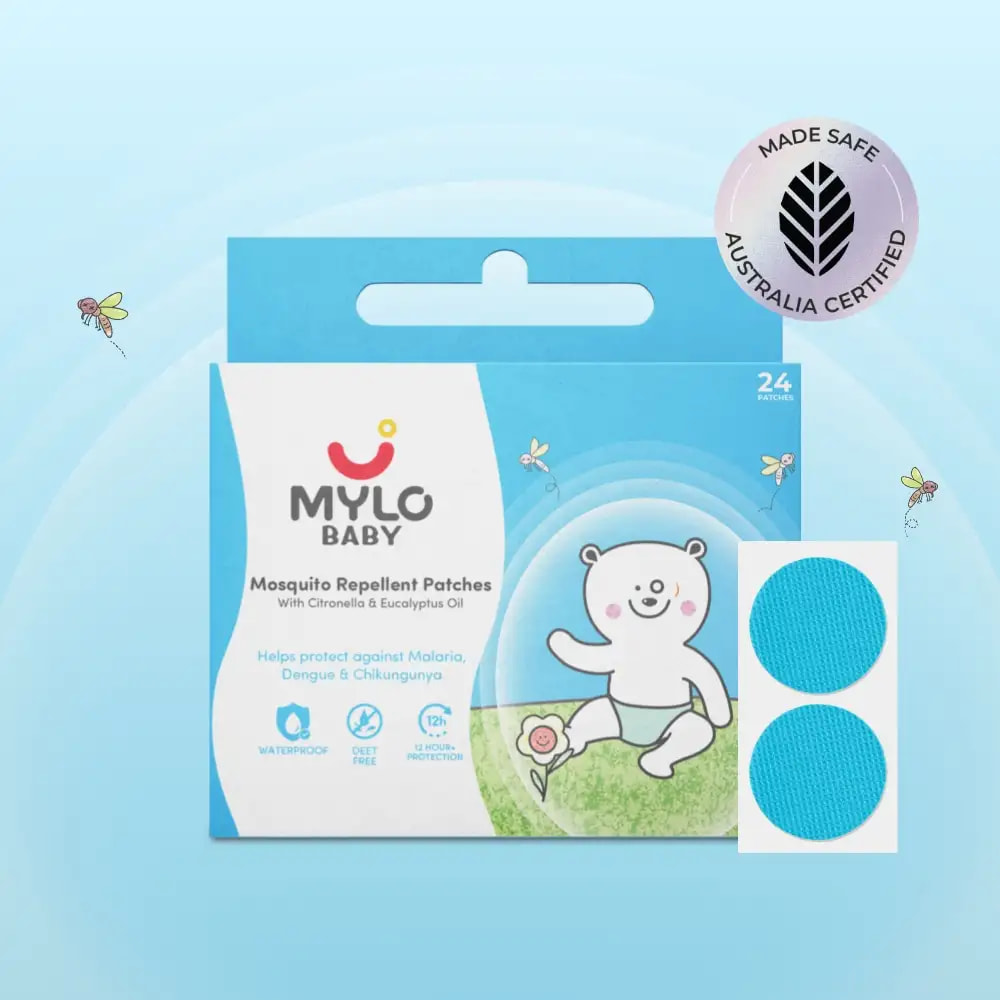
Mosquito Repellant Patches - Pack of 24
100% Natural Ingredients | Protects Against Dengue, Malaria, Chikungunya
₹ 199

4.4
(3785)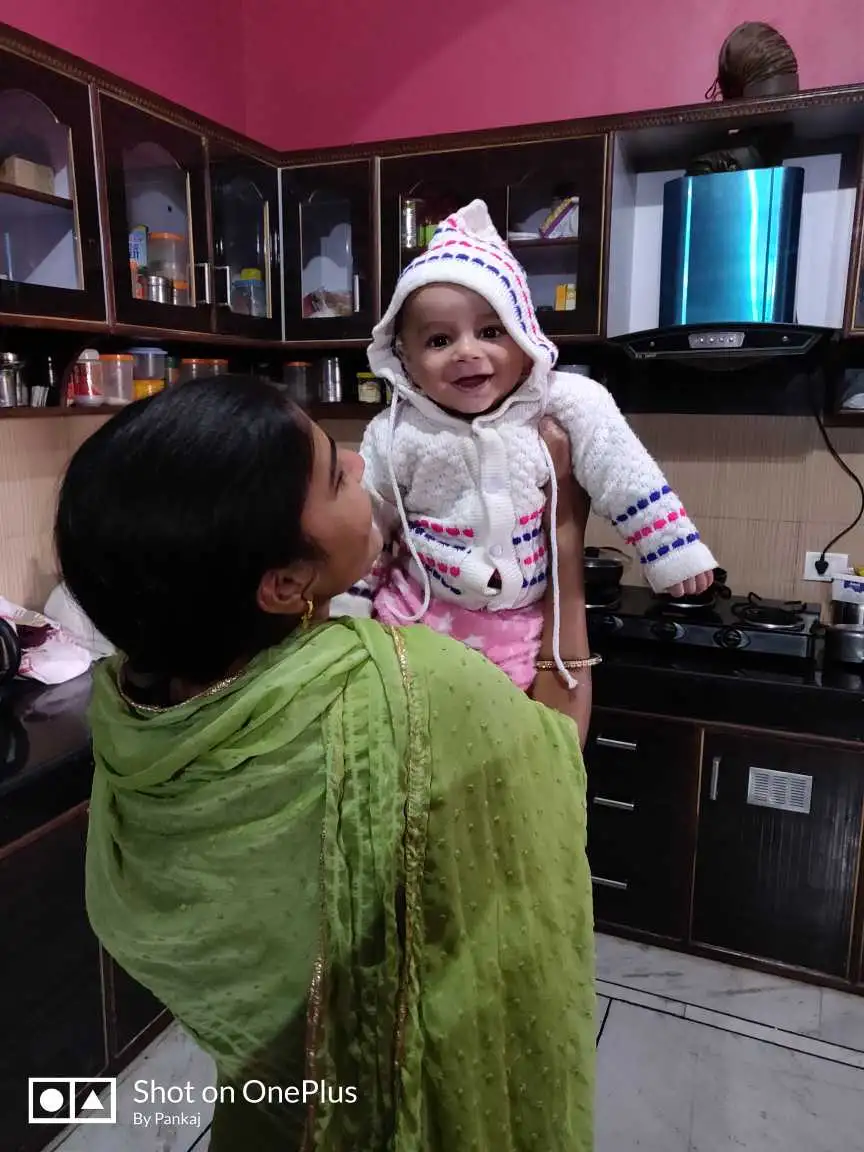


14644 Users bought



Written by
Sanju Rathi
A Postgraduate in English Literature and a professional diploma holder in Interior Design and Display, Sanju started her career as English TGT. Always interested in writing, shetook to freelance writing to pursue her passion side by side. As a content specialist, She is actively producing and providing content in every possible niche.
Read MoreGet baby's diet chart, and growth tips

Related Articles
Related Topics
RECENTLY PUBLISHED ARTICLES
our most recent articles
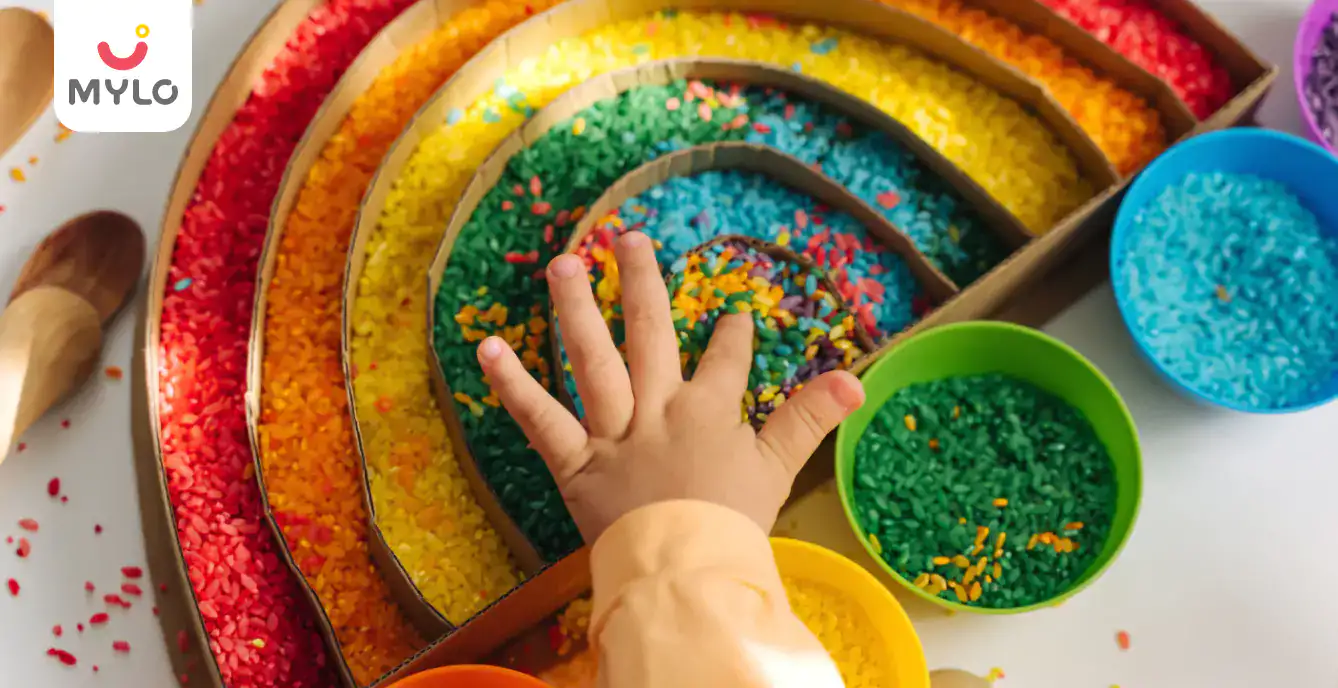
Exploring the Senses: 9 Incredible Benefits of Sensory Play for Your Child's Development
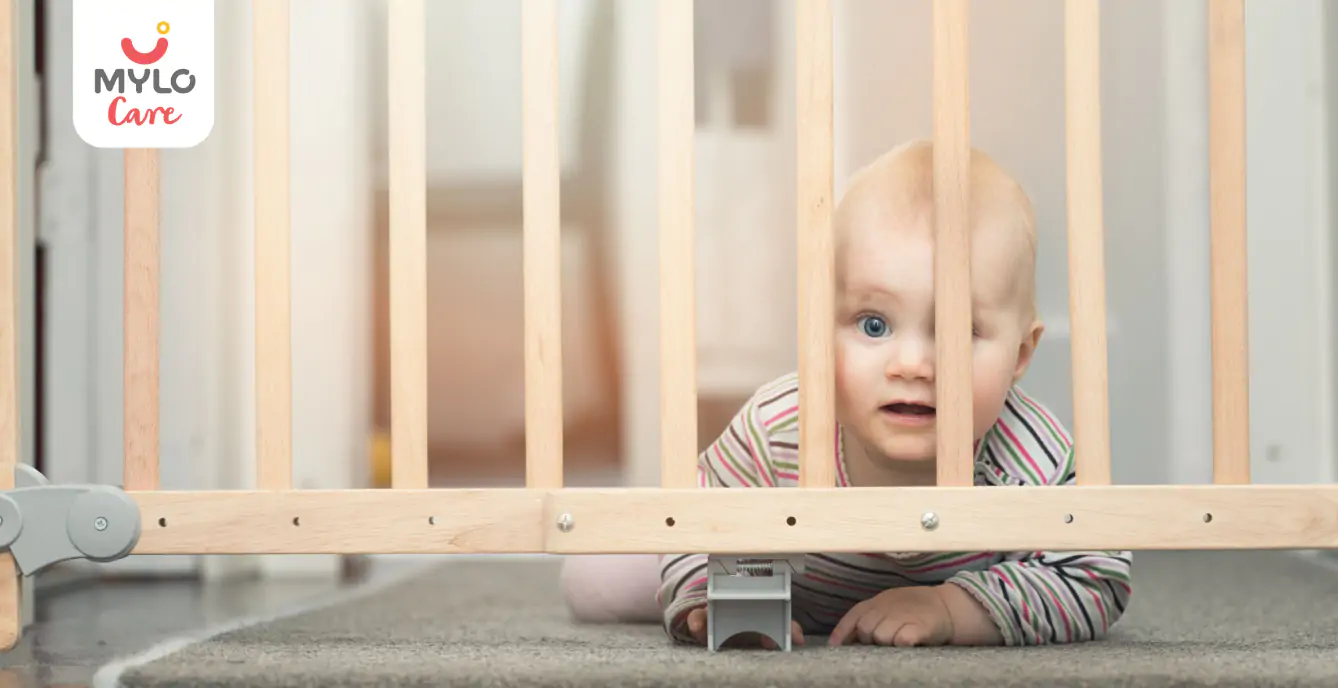
Childproofing
The Ultimate Guide to Childproofing Your Home

Books
Start Their Love for Reading Early: The Best Books for Baby's First Library
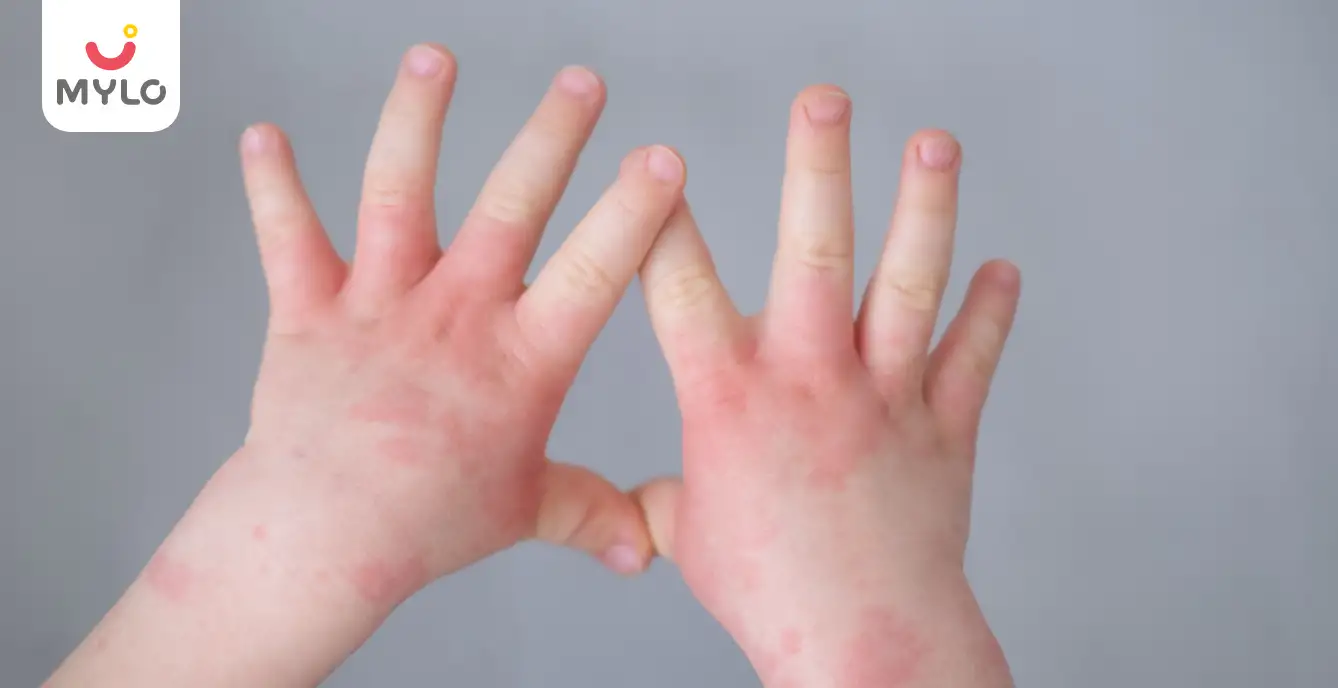
Illnesses & Infections
CMPA (Cow's Milk Protein Allergy): Identifying Symptoms and Understanding Treatment
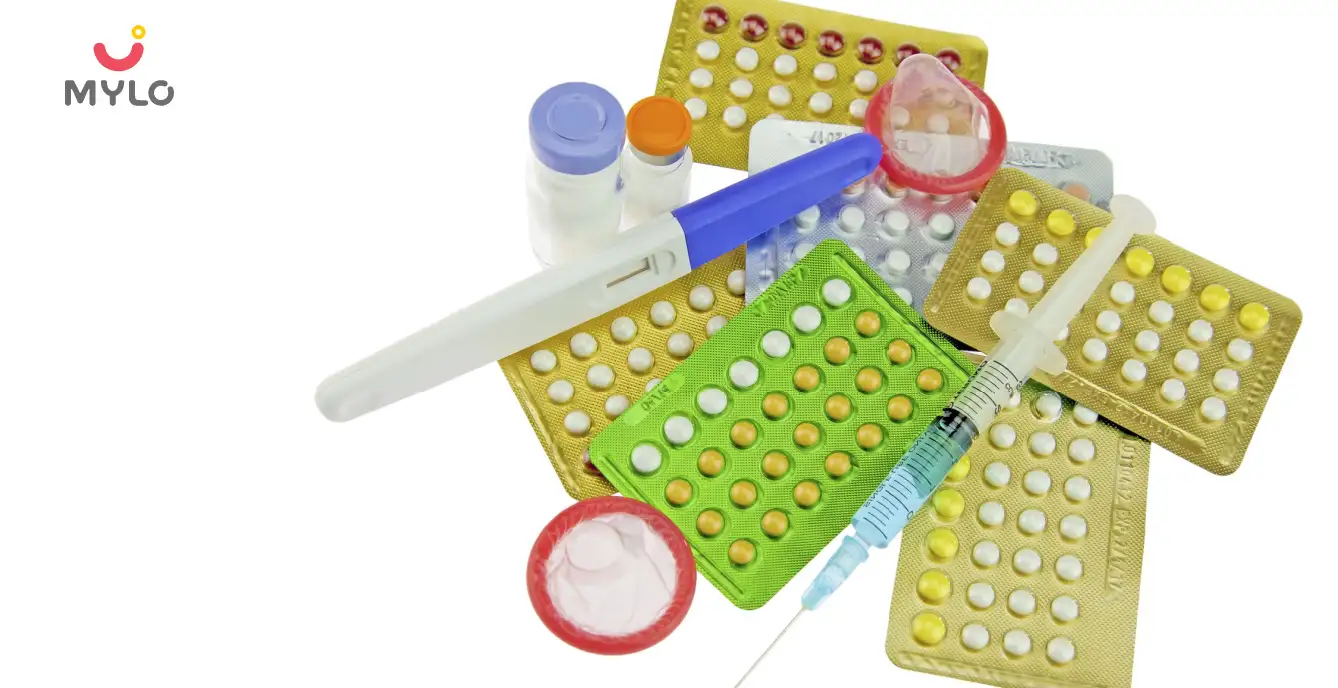
Contraceptive
Birth Control Options While Breastfeeding: Balancing Parenthood and Contraception
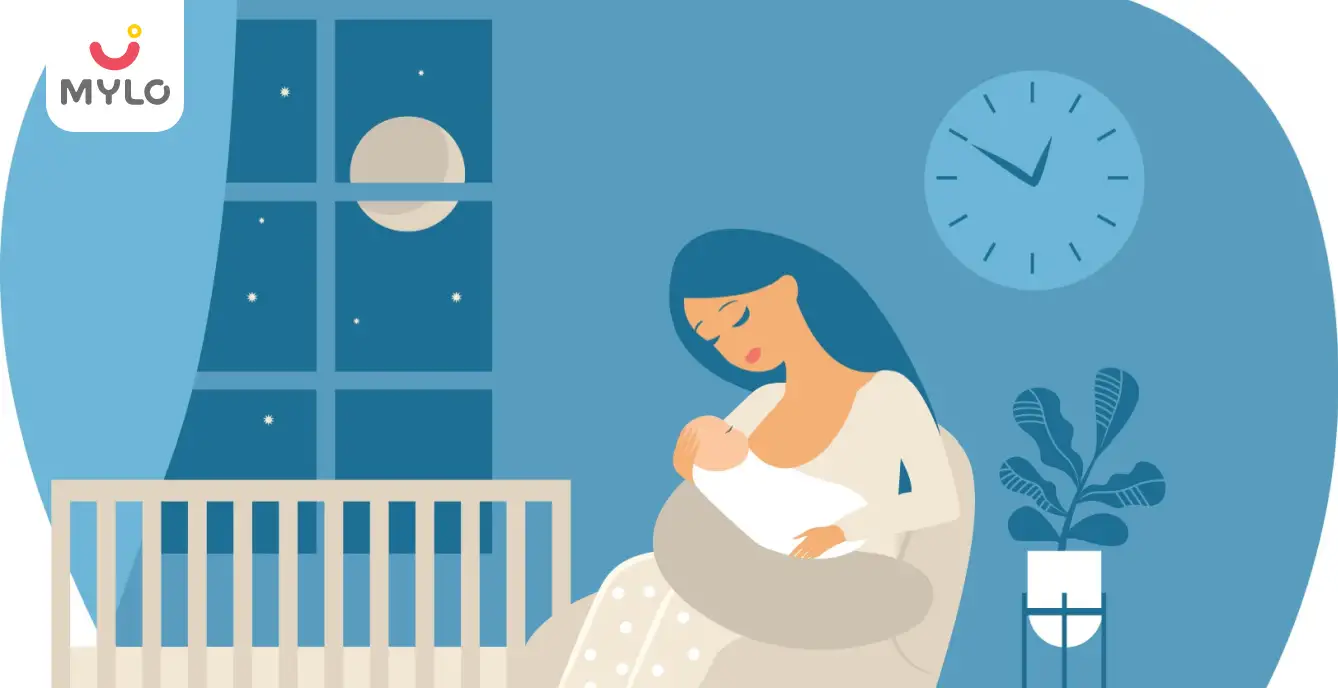
Periods
Period During Breastfeeding What Every New Mother Should Know
- Role of Stories and Rhymes in Your Baby’s Brain Development
- Intracytoplasmic Sperm Injection (ICSI) How It Can Help Treat Male Infertility
- Baby Sleeping While Breastfeeding: Understanding the Causes and Solutions
- Lump in Breast During Breastfeeding How to Identify, Treat, and Prevent Lump Formation
- Understanding Down Syndrome: A Comprehensive Guide for Parents
- Lactation Failure: A Comprehensive Guide to Understanding the Causes and Solutions
- Breast Pain During Pregnancy: What to Expect and How to Find Relief
- Baby Spit Up: The Ultimate Guide to Causes, Prevention, and Management
- Unexplained Infertility: Breaking Down the Factors and Finding Solutions
- Mulethi: Unraveling the Therapeutic Potential of Licorice Root for Your Overall Health
- 5 Steps to a Healthy Lifestyle: The Blueprint for Your Wellness Journey
- Chandraprabha Vati: How This Potent Ayurvedic Formulation Can Boost Your Health
- Trichomoniasis: Meaning, Symptoms, Causes and Risks
- Gallstones in Pregnancy: Symptoms, Complications & Treatment


AWARDS AND RECOGNITION

Mylo wins Forbes D2C Disruptor award

Mylo wins The Economic Times Promising Brands 2022
AS SEEN IN

- Mylo Care: Effective and science-backed personal care and wellness solutions for a joyful you.
- Mylo Baby: Science-backed, gentle and effective personal care & hygiene range for your little one.
- Mylo Community: Trusted and empathetic community of 10mn+ parents and experts.
Product Categories
Baby Carrier | Baby Soap | Baby Wipes | Stretch Marks Cream | Baby Cream | Baby Shampoo | Baby Massage Oil | Baby Hair Oil | Stretch Marks Oil | Baby Body Wash | Baby Powder | Baby Lotion | Diaper Rash Cream | Newborn Diapers | Teether | Baby Kajal | Baby Diapers Pants | Cloth Diapers | Laundry Detergent | Lactation Granules |




